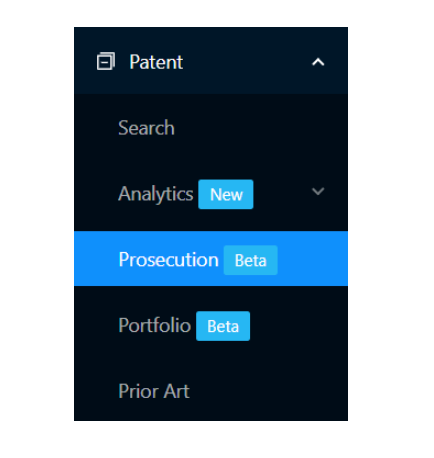Sports have long used efficiency ratings to analyze players. Made famous by the movie “Moneyball”, Oakland A’s general manager at the time, Billy Beane, used data-driven tactics to form and operate the baseball team. Unified Patents examined this approach in depth and found that there were no current solutions that could effectively, efficiently, and consistently rate law firms during patent prosecution on both an overall approach and per art unit approach.
Unified started from the premise of “Which law firms do a better job getting the (1) broadest and (2) most valid claims (3) allowed and at a (4) cheaper rate & at a (5) faster rate?" With this premise, three factors stood out to answer this question. The first being our Broadness Index (BRIX), the second being total applications, and finally pendency.
On a basic level, LPIX is the Normalized Value of (BRIX * Pendency * Total Applications^2). The formula squares the Total Applications factor to account for consistency. The comparison with the movie reference here would be at the bottom of the ninth, tied scored, two outs with bases loaded, do you want the player that maybe, one out of hundred times can hit the grand slam, or do you want the player that consistently gets on base giving the team a win? Using that same principle and applying it to patent prosecution, a client would want a firm that they know can consistently prosecute and file a high-quality patent each and every time.
LPIX currently consists of 3,153 law firms in their respective art units. Our coverage spans over 3 million office actions and 1 .7 million patents granted since 2008. It currently utilizes the Office Action Bulk Data set from the USPTO.
Portal now integrates this data and can show the overall scores of law firms, per unit basis, and also a combination of art units. Click on Prosecution under the Patent filter on the left in Portal:







